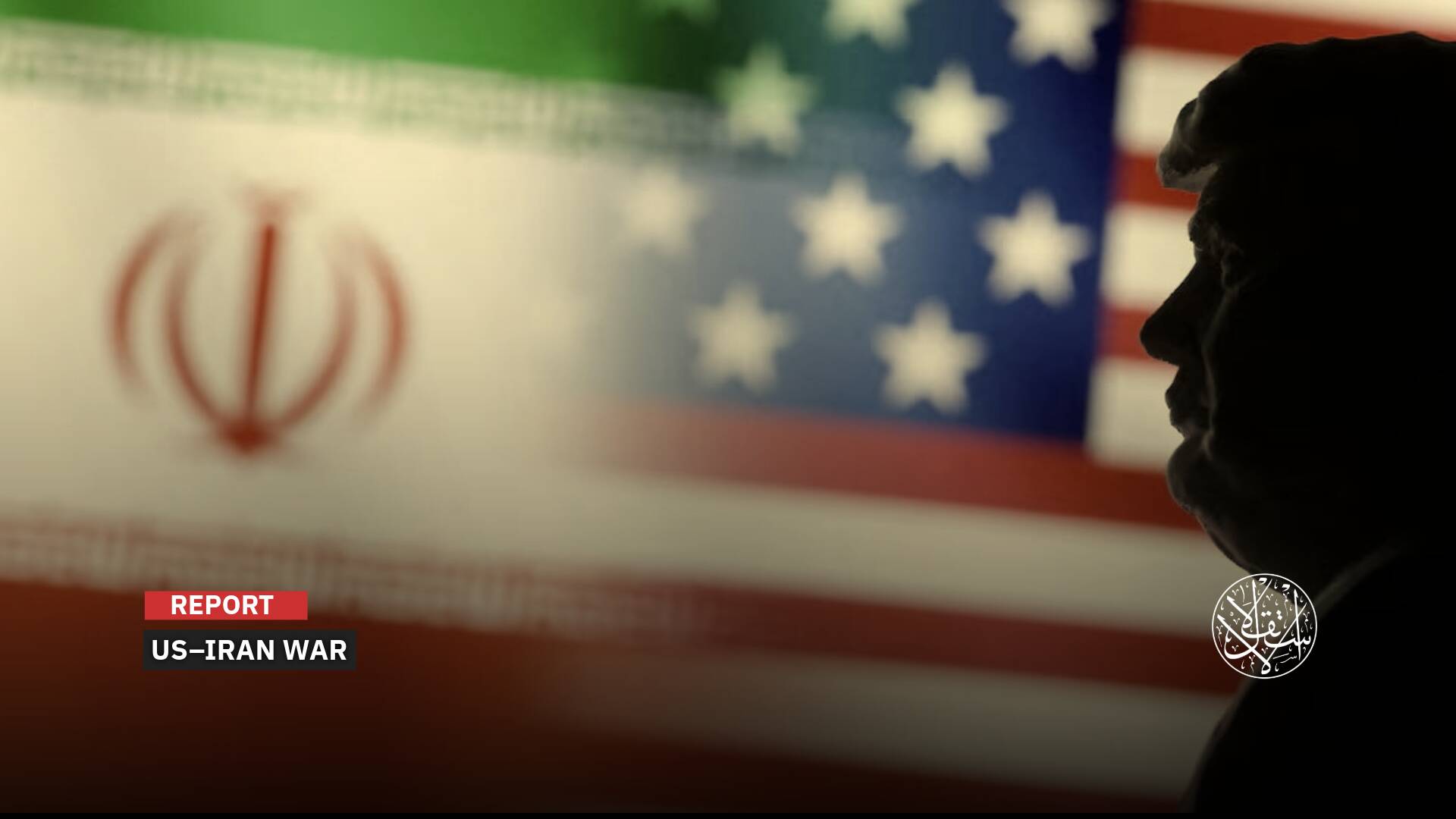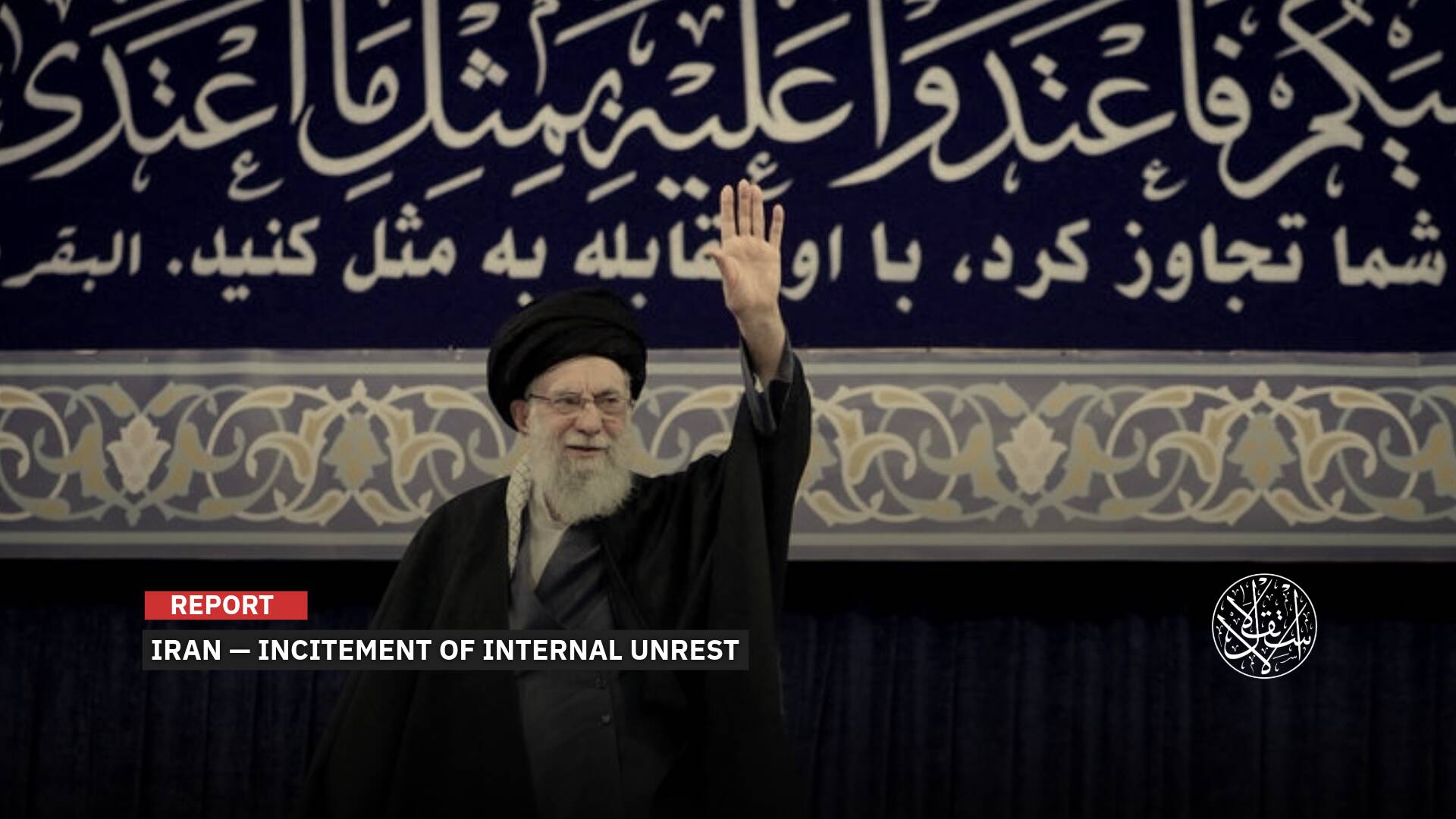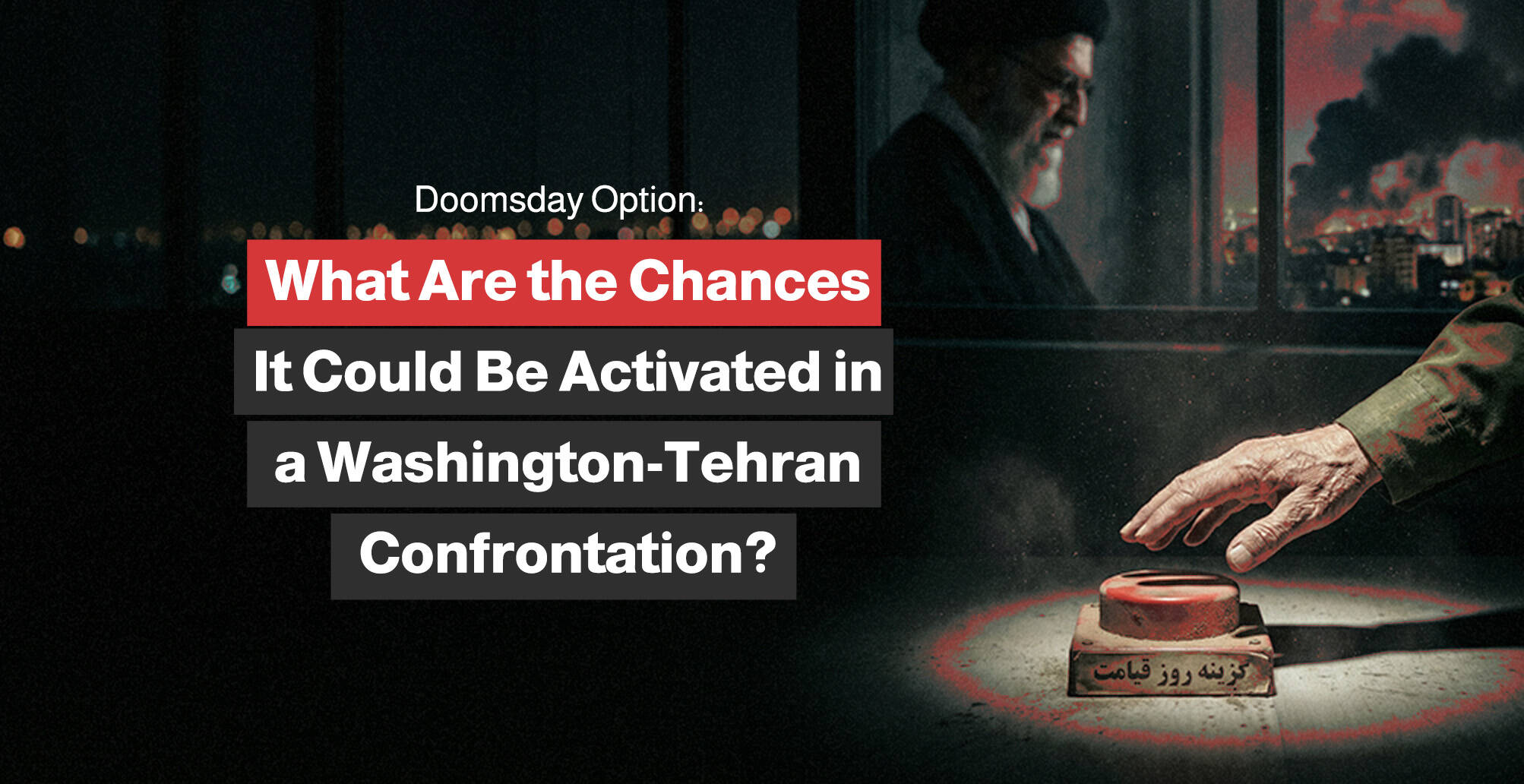After Assassination of Key Leaders, What's Hezbollah's Strategy to Maintain Support in Lebanon?

“More than 700,000 Shiites have been uprooted from their villages and cities.”
After the “devastating strikes” and Israeli security breaches that led to the assassination of Lebanese Hezbollah leader Hassan Nasrallah, the party’s supporters have been “negatively affected,” prompting “the remaining leadership” to focus on a “morale-boosting” rhetoric.
Nasrallah's deputy, Naim Qassem, has taken on the task of reassuring Hezbollah's supporters and allies that the group remains strong and has “successfully filled the leadership void” following a series of assassinations that targeted its top ranks.

Boosting Morale
Following the assassination of Hassan Nasrallah in an Israeli airstrike on Beirut's southern suburbs on September 27, 2024, Naim Qassem appeared publicly twice within just eight days, with the second speech directly addressing Hezbollah's supporters in Lebanon.
On October 8, 2024, Qassem stated that Hezbollah’s leadership is “well-organized according to established command and control protocols,” emphasizing that “Hezbollah’s military capabilities are intact.”
Qassem, 71, noted that the party has overcome “the painful blows” and has found alternatives in all positions without exception: “We have no vacant posts.”
He addressed the displaced, saying, “You see our significant achievements. We are steadfast and will prevail, and your displacement carries a cost similar to that paid by the resistance.”
“Despite the severe blows we have endured, we have regained our strength on the battlefield,” he said. “Israel did not achieve its goal of eliminating the resistance.”
It was clear that Qassem aimed to focus on “boosting the morale” of the party’s base during this sensitive period for Hezbollah.
This comes after “Israel” succeeded in targeting Hezbollah's leadership structure over the course of weeks, marking the most powerful military blow the group has faced since its establishment by the Iranian Revolutionary Guards in 1982.
Hezbollah recognizes that the period since its engagement with “Israel” on October 8, 2023, “in support of Gaza” has been its most challenging, particularly with the assassination of Hassan Nasrallah in the heart of its popular support in southern Beirut.
“Israel” began a ground invasion in early October 2024 from southern Lebanon, claiming that “its operation is limited to pushing Hezbollah away from the border.”
However, the realities on the ground contradicted these claims, as “Israel” ordered the evacuation of over a hundred Lebanese towns, mostly populated by Shia residents, along with neighborhoods and residential buildings in the southern suburbs.
This displacement has put pressure on Hezbollah, which is primarily focused on reorganizing its internal structure. Party members are unable to appear publicly in Lebanese areas as they once did, fearing surveillance, pursuit, and assassination, in addition to postponing Nasrallah's funeral, as stated by the group.
The presence of displaced individuals on Lebanese roads from southern regions raises concerns for Hezbollah, especially after Israeli bombardment displaced over 1.2 million people, the vast majority since the escalation of hostilities against Lebanon on September 23, 2024.
Simultaneously, Hezbollah is currently facing a “psychological war” from “Israel” alongside intensified military attacks on the party’s positions and leadership.
Israeli War Minister Yoav Gallant stated on September 8, 2024, during a meeting with his army's northern command, that Hezbollah “is a battered and broken organization, without significant command and fire capabilities, with a disintegrated leadership following the elimination of Hassan Nasrallah.”
Observers note that Hezbollah's popularity in Lebanon has been impacted by the loss of its core leadership and a large number of military commanders, as well as dozens of combat unit members following the explosions of their communication devices.
This significant weakening of its foundational structure has raised concerns about the group's future support and effectiveness
This is particularly significant as Hezbollah has long described its presence in Lebanon as the “protective shield of the Shia community” there.

Media Tactics
In his recent speech, Naim Qassem stated that “Israel” will not achieve its goals, and the resistance will win. “We impose on Israel a new equation of ‘harming the enemy’ as rockets reached Haifa, Tel Aviv last few days.”
However, Elnashra pointed out that Hezbollah's aim is to “boost morale” and show strength through “media tactics” it employs, noting the absence of “mourning statements” the party has regularly issued for about a year.
The Lebanese website also mentioned that Sheikh Qassem's comments regarding a ceasefire are “in support of the political efforts led by Parliament Speaker Nabih Berri” with Lebanese and international parties.
“Hezbollah is clearly trying not only to reassure its audience about the military capabilities of the resistance but also to contain the disappointment stemming from the high-profile assassinations executed by Israel, which peaked with the assassination of Nasrallah, followed by the targeting of his likely successor, Sayyed Hashem Safieddine,” Elnashra has learned.
Contact with Hezbollah's Executive Council head, Hashem Safieddine, has been “cut off” since a series of Israeli airstrikes on Beirut's southern suburbs on October 4, 2024.
Elnashra stated on October 10, 2024, that “Hezbollah’s leadership, or what remains of it, is well aware that the supportive environment for the resistance has been negatively affected by recent events, feeling that things have spiraled out of control, especially after Nasrallah's assassination, who was widely believed to be untouchable.”
The same website indicated that Hezbollah's leadership recognizes the discontent among many supporters, especially since Iran has not provided the necessary support, even negotiating a nuclear deal amid the aggression. There are also concerns about the party’s leadership, which some believe has made serious errors in calculations, leading to the current situation.

Lebanese Shiites
In this context, Lebanese political activist and academic Harith Suleiman believes that “the events have made it clear that Hezbollah's calculations and choices have led to grave mistakes and catastrophic decisions, which only considered Iran's desires and impositions, disregarding the interests of Lebanon's Shiites and its people.”
“No matter how much the remaining Hezbollah leadership tries to evade responsibility for the disaster that has struck Lebanon in general and the Shiite community in particular, the condemnation of its actions will be evident on everyone's lips,” Suleiman stated on Janoubia on October 10, 2024.
“More than 700,000 Shiites have been uprooted from their villages and cities, left wandering the roads, and displaced to shelters that lack basic living conditions, sleeping arrangements, or sanitation supplies, all under a Lebanese authority whose decisions are controlled entirely by Hezbollah.”
Since September 23, 2024, “Israel” has expanded the scope of the genocide it has been committing in Gaza since October 7, 2023, to encompass most areas of Lebanon, including the capital Beirut, through unprecedentedly intense and violent airstrikes. It has also begun a ground invasion in southern Lebanon, disregarding international warnings and United Nations resolutions.
These airstrikes have resulted in 1,323 deaths and 3,698 injuries, including a significant number of women and children, as per Anadolu Agency.
Hezbollah's recognition of a “painful-blow phase,” along with claims from Naim Qassem that the group has “overcome it and secured alternatives in all locations without exception,” represents a clear effort to challenge the narrative suggesting that Hezbollah is “nearing its end," as claimed by its opponents. This response seems aimed at countering perceptions of frustration and defeat among its support base.
Therefore, observers note that Hezbollah is trying to create a new image to reassure its supporters that “Israel,” which may have won “a round” or more, has not won the “war.”
In this context, Lebanese writer Ali Amin highlights that the party's supporters have lost their sense of security; they were unprepared for “Israel’s capabilities” and failed to grasp Hezbollah's true strength. This lack of understanding has shattered the image of invincibility that the group once projected, especially following the revelations of “Israel's infiltration” and the assassination of Nasrallah, along with Hezbollah's inability to deter Israeli aggression.
Amin added in an article published on October 5, 2024, that Iran Foreign Minister Abbas Araghchi's statements on October 4 during his visit to Beirut about continued support for Hezbollah and the Shiites of Lebanon is an “attempt to boost morale and strengthen the resolve of fighters and supporters of the party after many of its leaders have been lost.”
“Iran has sent its teams to compensate for the gaps and deficiencies within Hezbollah's leadership after the loss of many of its leaders and the scattering of its capabilities; Tehran has directly taken the reins of the party's leadership through the Iranian Revolutionary Guards,” the writer concluded.
Sources
- Hezbollah says imposed 'new equation' on Israel, ceasefire key to end conflict
- Hezbollah between the field and politics: Raising the public’s “morale” first! [Arabic]
- Naim Qassem reassures: Our capabilities are fine and Hezbollah’s administration is cohesive! [Arabic]
- Why did Hezbollah's Deputy Secretary-General, Naim Qassem, make two public appearances within just eight days? [Arabic]
- Harith Suleiman writes for Janoubia: 'The army is the option for Lebanon' [Arabic]
- With Nasrallah's martyrdom, the party loses the 'blessing' of security, not the 'curse' of Iran [Arabic]
- Israeli Defense Minister: Hezbollah 'battered and broken' since Nasrallah's killing











